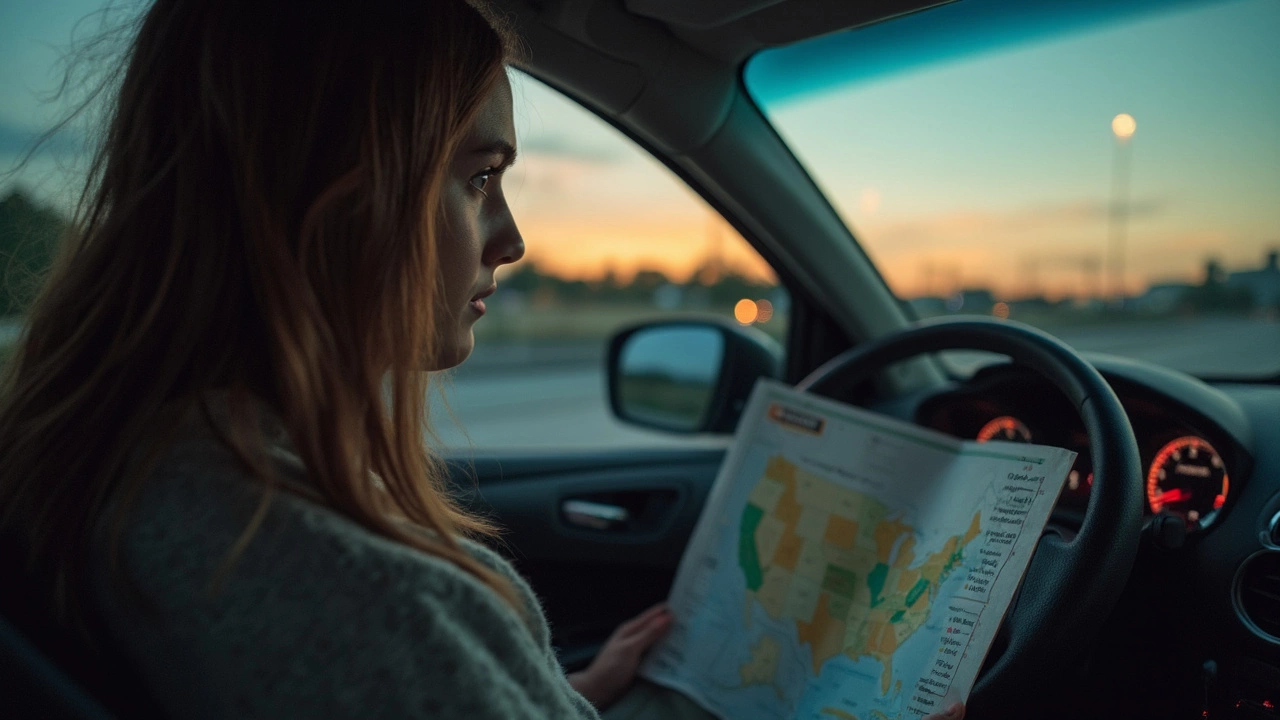Car Sleeping Laws: What You Need to Know Before You Park Overnight
If you’ve ever wondered whether it’s okay to catch some Z’s in your car, you’re not alone. The rules can feel confusing because they change from town to town and from one type of land to another. Below we break down the basics, where you’re usually safe to sleep, and how to keep out of trouble.
Where You Can Sleep Legally
In most of England, Scotland, Wales and Northern Ireland, the law does not ban sleeping in a vehicle outright. The real limits come from local bylaws, parking signs, and private land rules. Here are the common spots that usually let you stay the night:
- Service stations and motorway service areas – Many allow you to rest for a few hours in a designated parking bay. Look for signs that say “Rest Area” or “Overnight Parking Allowed”.
- Official rest areas – These are set up for drivers and often have a limit of 24‑hour stays. They’re a safe bet for a quick nap.
- Camping and caravan sites – If you have a pitch, you can usually park your car and sleep there. Some sites charge a small fee.
- Public car parks with no overnight ban – Check the posted signs. If there’s no mention of a night‑time restriction, you’re likely fine, but it’s polite to keep noise down and leave early.
- Rural lay‑bys and country roads – In many rural areas you can pull over and sleep, as long as you’re not blocking traffic or a driveway.
What you can’t do is set up camp on private property, in a residential street with a “No Overnight Parking” sign, or in a council‑owned car park that explicitly bans sleeping. If you’re unsure, a quick glance at the signage usually clears it up.
How to Avoid Fines and Stay Safe
Even when the law permits sleeping, you still want to avoid a ticket or a hostile encounter. Follow these simple steps:
- Read every sign. A “2‑hour limit” or “No parking between 10 pm‑6 am” is a clear cue.
- Stay discreet. Keep lights off, doors closed, and any noise low. Most officers won’t bother if you look like a regular rest‑stop traveler.
- Use designated areas. Rest stops, service stations and official caravan sites are built for overnight stays. They often have lighting, toilets, and sometimes Wi‑Fi.
- Know the local council rules. Some councils publish online maps of places where “wild camping” or “vehicle overnight stay” is allowed. A quick search for your town plus “overnight parking” can save you a fine.
- Keep your paperwork handy. If an officer asks why you’re there, a simple answer like “tired driver looking for a safe place to rest” works. Showing a valid driver’s license and registration helps prove you’re not breaking any law.
Safety-wise, pick a spot with good lighting and preferably near a shop or station. Lock your doors, keep valuables out of sight, and have a blanket or sleeping bag ready. A small bottle of water and a snack go a long way when you’re parked for a few hours.
In short, sleeping in your car isn’t illegal across the UK, but you need to respect local signs and private land rights. Stick to official rest areas, service stations, and car parks that allow overnight stays, and you’ll dodge fines while getting the rest you need.

Where Is It Illegal to Sleep In Your Car? Car Sleeping Laws by State
Is it illegal to sleep in your car? Find out which US states and cities ban car sleeping, where it’s allowed, and how to stay safe and legal on the road.